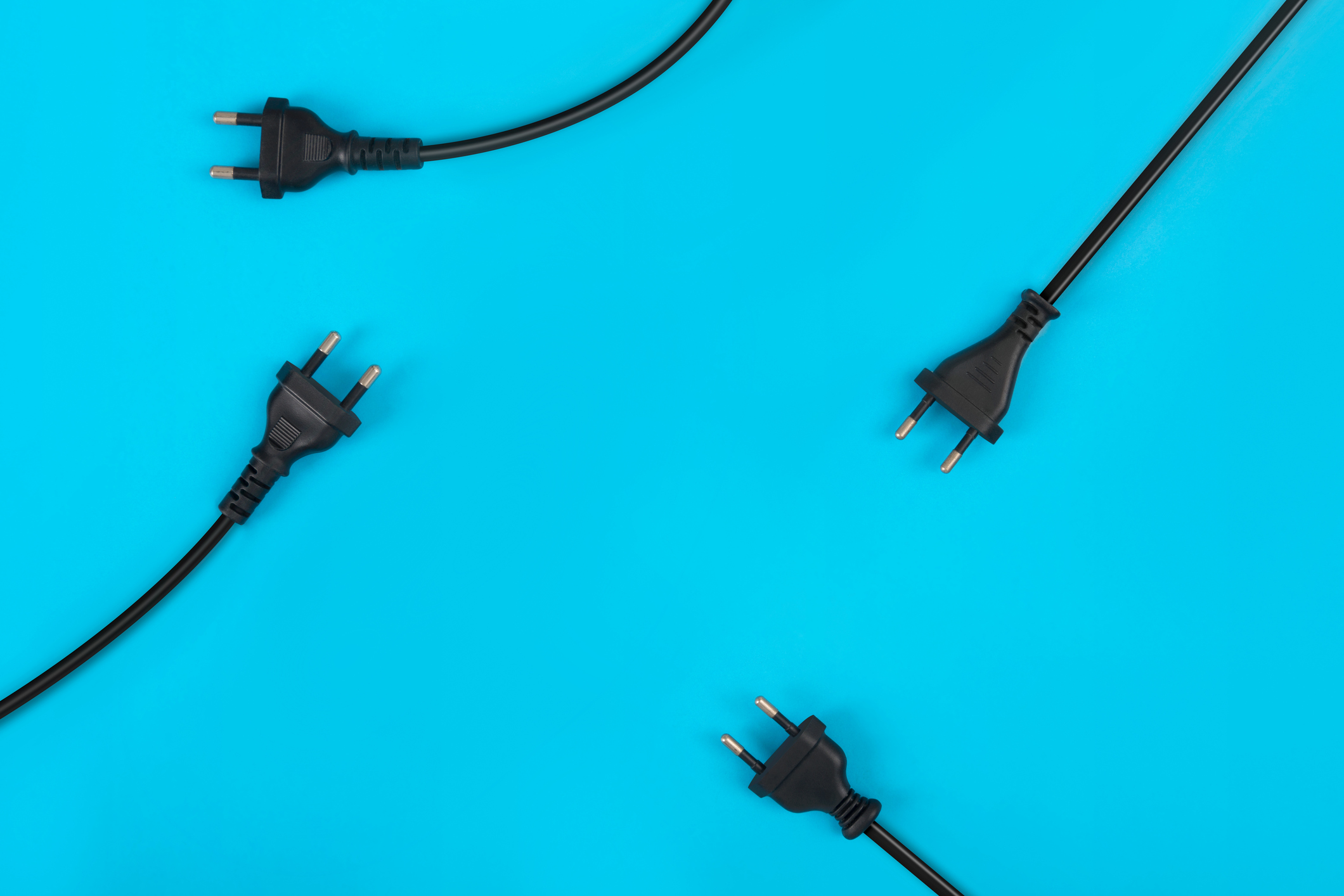I had an epiphany when in London last year, walking around town on an beautiful English day, winding through the streets of Islington and through the many parks that riddle the neighborhoods. As I walked through one particularly scenic park, while taking in the majestic trees and fallen leaves under my feet, I noticed something that shook me: everyone else in the park was alone, sitting quietly, staring at their smartphones. Zombified. It was like a 50s science fiction film, and yet it had a more shocking feeling of the new normal.
More recently I was camping in a remote Bureau of Land Management campsite in Western Utah with my dog Emma. She was alertly listening to every sound around us and I was watching the shooting stars light up a moonless sky. We had lost cell reception as soon as we had driven off the highway and we were deep into bear country, which carried a vibrant feeling both wild and peaceful.
We were in the moment and all of our senses were alive.
Work-a-day life is chaotic. Between kids, work, responsibilities, hobbies, service, revolution…and how the computer and smart accessories plug you into all of these pursuits—it is so easy to lose oneself in the mess of the week. Distractions are everywhere and the battle for attention is in effect. These are not modern issues. They are simply magnified by all of the advances we have made in making the world a better place.
I feel the strain of the week more and more as I get older, and as the world we live in evolves and becomes even more complex. Shabbat on a Friday night gets more and more needed. Craved.
Tristan Harris of the Center for Humane Technology once told me how amazing the concept of Shabbat is…to have one specific day of the week where a large group of people agree to unplug from technology, understanding that texts do not need to be returned…social media does not need to be checked…that technological connectivity is replaced with a connectivity into the core of humanity. Having an agreed upon day. It gives us a space to create what Abraham Joshua Heschel called a Sanctuary in Time. A moment for the self to BE.
Every Friday afternoon my kids and I make challah together, and after we break bread at the table, one of them goes over to the record collection, grabs a Duke Ellington record (we have about 70 of them) and throws it on the turntable in time for the first course to be served. We go around the table and tell our favorite moments of the week. We finish dessert, read books aloud, and go to sleep early. More often than not, I wake up in time for a sunrise hike with Emma.
I owe a lot of this practice to The Sabbath Manifesto, a Reboot-created project that came about during a conversation Dan Rollman initiated on how one can bring the rules of this ancient technology of the Jewish Sabbath into a busy life. The project encourages people to slow down their lives throughout the year by embracing its 10 principles once a week, starting with avoiding technology, which creates space for the other principles: Connect With Loved Ones; Nurture Your Health; Get Outside; Avoid Commerce; Light Candles; Drink Wine; Eat Bread; Find Silence; Give Back. This manifesto inspired me to experience Friday nights and Saturday afternoons in a different way, the most impactful to me was unplugging.
Going back to that moment in a London park: I feel like we are the frogs in the water that is beginning to boil. We don’t realize how our lives are being drastically changed by the outside influences of technology. These changes are not all bad, not in the least. But there is research to show that our addictions to our smart phones and computers do have consequences. They add anxiety and distractions to our lives, they affect the conversations and relationships we have with those around us, they cause us to miss moments as we try to use them to mark moments.
I am addicted to my devices and it is hard to disengage from them, even for a short time. But when I am able to…during Shabbat: during a hike, during a long thought, during a musical interlude…or when camping underneath the milky way…the weekly noise is replaced with a clarity that is nothing short of beautiful and life-affirming.
If you just walk down the street, it seems hard to imagine that the generations before us survived without cell phones, let alone smartphones. But that does not mean that we cannot live without them, even for a short while. Take the National Day of Unplugging challenge…a challenge that is an offshoot of the Sabbath Manifesto….unplug from technology for 24 hours. Do it weekly. Do it intentionally, with a goal of having a more balanced and healthy life. Allow yourself to be bored. Invite yourself to daydream. Finish a puzzle with your kids. Listen to an amazing record. Pour your friend some really good scotch. Go climb a mountain.
These are some of the many practices my personal Shabbat Manifesto have taken on, and I am always looking for more.
Find more about the Reboot projects discussed at:
http://www.sabbathmanifesto.org/
https://www.nationaldayofunplugging.com/
About Reboot:
Reboot affirms the value of Jewish traditions and creates new ways for people to make them their own. Inspired by Jewish ritual and embracing the arts, humor, food, philosophy, and social justice, we produce creative projects that spark the interest of young Jews and the larger community. Among our productions are events, exhibitions, recordings, books, films, DIY activity toolkits, and apps. Since our inception, 578 network members, over 1,000 community organization partners, and hundreds of thousands of people have looked to Reboot to rekindle connections and re-imagine Jewish lives full of meaning, creativity, and joy. Rebooters.net


